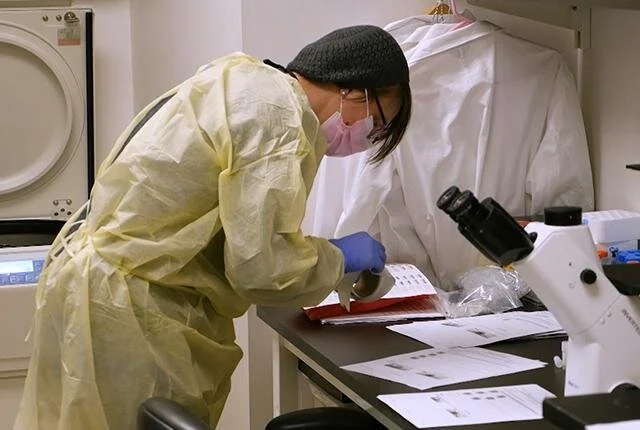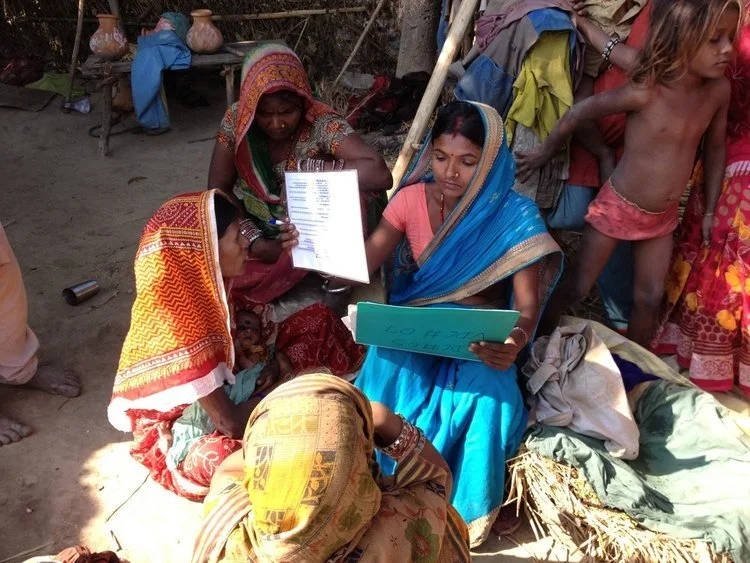Snohomish School District Coronavirus Testing Study
With school closures early in the COVID-19 pandemic, questions remained about SARS-CoV-2 transmission risks with in-person education. In partnership with the Snohomish School District, a school district with over 9,000 students and 1,000 staff in Snohomish, WA, USA, our group provided weekly symptom screening with SARS-CoV-2 PCR testing to gain knowledge about how the virus may be transmitted in schools, especially by asymptomatic children.
From February to June 2021, we provided testing for over 500 kindergarten to 2nd grade students and staff through multiple methods. Students were offered either in-school nasal swab collection by research staff or at-home swab collection by parents using our pre-packaged testing kits. School staff were asked to self-swab. Of families who chose between in-school and at-home collection, 67% opted for in-school collection. We found minimal user error with any method: over 99% of specimens returned to the laboratory were successfully tested for SARS-CoV-2. This study highlighted the feasibility of a flexible testing model which allowed families a choice in collection location.
Out of 6,532 tested specimens, only two—both from asymptomatic students—were positive for SARS-CoV-2. Our low SARS-CoV-2 positivity, despite moderate to high community transmission levels during the study period, supported the growing evidence that there was lower transmission risk in schools than in the community when schools had prevention measures (e.g., masking, adequate ventilation, physical distancing) in place.
Media
Funding
The Brotman Baty Institute, Snohomish School District
ACTT-1 Randomized Clinical Trial of Remdesivir Treatment for Hospitalized Individuals
In the spring of 2020, as part of the NIH Vaccine Trials and Evaluation Unit at the University of Washington, we conducted the Adaptive COVID-19 Treatment Trial sponsored by the National Institute of Allergy and Infectious Diseases. The randomized, controlled clinical trial was designed to evaluate the safety and efficacy of the investigational antiviral remdesivir in hospitalized adults diagnosed with COVID-19. A total of 1,063 patients were enrolled in the international collaboration and given either placebo or remdesivir over the course of their hospital stay and then closely monitored over several weeks. The results showed the drug decreased time to recovery and also improved mortality outcomes, and the study has now moved into secondary study arms at different sites to study remdesivir treatment in addition to additional interventions.
Publications
Beigel JH, et al. Remdesivir for the Treatment of Covid-19 - Final Report. N Engl J Med. 2020 Nov 5.
Jackson LA, et al. An mRNA Vaccine against SARS-CoV-2 - Preliminary Report. N Engl J Med. 2020 Nov 12.
Media
Funding
NIAID
Maternal Immunization for RSV, Influenza, and SARS-CoV-2
From 2011-2014, we conducted a randomized clinical trial of maternal influenza immunization in rural Nepal as part of a team of investigators from Johns Hopkins University, Cincinatti Children’s Hospital, and Seattle Children’s Research Institute. As part of this study, we established maternal flu vaccine efficacy in protection of the mother and the infant, and also found a protective effect on birthweight. We have also evaluated transplacental antibody transfer, respiratory viral infections in pregnant women, household transmission of respiratory viruses, mother-infant flu transmission, respiratory viral coinfections, serologic RSV infections, diarrhea and infant respiratory illnesses, cause of repeated rhinovirus infections and pneumococcal colonization correlated with influenza. In addition, we have developed breast milk RSV antibody assays to understand the protective effect of RSV-specific antibody in breast milk on protection of the infant. We have additionally described the RSV antibody kinetics in mother-infant pairs in Bangladesh, Nepal, and Alaska, characterizing the transplacental transfer and half-life of infant antibody across diverse populations.
More recently, we have contributed to the design of a NIH-funded observational study of SARS-CoV-2 vaccination in pregnant women (the MOMI-VAX study) and with the Alter Lab at Ragon Institute, conducted studies to better understand the immune repertoire in women who receive flu vaccine during pregnancy.
Publications
Chu HY, et al. Respiratory syncytial virus transplacental antibody transfer and kinetics in mother-infant pairs in Bangladesh. J Infect Dis. 2014 Nov 15.
Chu HY, et al. Clinical Presentation and Birth Outcomes Associated with Respiratory Syncytial Virus Infection in Pregnancy. PLoS One. 2016.
Chu HY, et al. Respiratory syncytial virus infection in infants in rural Nepal. J Infect. 2016 Aug.
Philpott EK, et al. Febrile Rhinovirus Illness During Pregnancy Is Associated With Low Birth Weight in Nepal. Open Forum Infect Dis. 2017 Spring.
Lenahan JL, et al. Human Metapneumovirus and Other Respiratory Viral Infections during Pregnancy and Birth, Nepal. Emerg Infect Dis. 2017 Aug.
Steinhoff MC, et al. Year-round influenza immunisation during pregnancy in Nepal: a phase 4, randomised, placebo-controlled trial. Lancet Infect Dis.2017 Sep.
Chu HY, et al. Transplacental transfer of maternal respiratory syncytial virus (RSV) antibody and protection against RSV disease in infants in rural Nepal. J Clin Virol. 2017 Oct.
Katz J, et al. Nutritional status of infants at six months of age following maternal influenza immunization: A randomized placebo-controlled trial in rural Nepal. Vaccine. 2017 Dec 4.
Kozuki N, et al. Impact of maternal vaccination timing and influenza virus circulation on birth outcomes in rural Nepal. Int J Gynaecol Obstet. 2018 Jan.
Katz J, et al. Impact of Timing of Influenza Vaccination in Pregnancy on Transplacental Antibody Transfer, Influenza Incidence, and Birth Outcomes: A Randomized Trial in Rural Nepal. Clin Infect Dis. 2018 Jul 18.
Uddin SMI, et al. Burden and Risk Factors for Coronavirus Infections in Infants in Rural Nepal. Clin Infect Dis. 2018 Oct 30.
Murray AF, et al. Measles and Rubella Seroprevalence in Mother-Infant Pairs in Rural Nepal and the United States: Pre- and Post-Elimination Populations. Am J Trop Med Hyg. 2018 Nov.
Mazur NI, et al. Breast Milk Prefusion F Immunoglobulin G as a Correlate of Protection Against Respiratory Syncytial Virus Acute Respiratory Illness. J Infect Dis. 2019 Jan 1.
Newman KL, et al. Effect of Diarrheal Illness During Pregnancy on Adverse Birth Outcomes in Nepal. Open Forum Infect Dis. 2019 Feb.
Kuypers J, et al. Molecular characterization of influenza viruses from women and infants in Sarlahi, Nepal. Diagn Microbiol Infect Dis. 2019 Apr.
Murray AF, et al. Infant Pneumococcal Carriage During Influenza, RSV, and hMPV Respiratory Illness Within a Maternal Influenza Immunization Trial. J Infect Dis. 2019 Aug 9.
Scott EM, et al. Risk factors and patterns of household clusters of respiratory viruses in rural Nepal. Epidemiol Infect. 2019 Oct 14.
Kuypers J, et al. Phylogenetic characterization of rhinoviruses from infants in Sarlahi, Nepal. J Med Virol. 2019 Dec.
Newman KL, et al. Risk of Respiratory Infection following Diarrhea among Adult Women and Infants in Nepal. Am J Trop Med Hyg. 2020 Jan.
Boonyaratanakornkit J, et al. Primary and Repeated Respiratory Viral Infections Among Infants in Rural Nepal. J Pediatric Infect Dis Soc. 2020 Feb 28.
Newman KL, et al. Assessment of indirect protection from maternal influenza immunization among non-vaccinated household family members in a randomized controlled trial in Sarlahi, Nepal. Vaccine. 2020 Oct 7.
Chu HY, et al. Transplacental Respiratory Syncytial Virus and Influenza Virus Antibody Transfer in Alaska Native and Seattle Mother-Infant Pairs. J Pediatric Infect Dis Soc. 2021 Apr 3.
Perchetti GA, et al. Human Metapneumovirus Infection and Genotyping of Infants in Rural Nepal. J Pediatric Infect Dis Soc. 2021 Apr 30.
Emanuels A, et al. Respiratory viral coinfection in a birth cohort of infants in rural Nepal. Influenza Other Respir Viruses. 2020 Nov.
Mazur NI, et al. Global Respiratory Syncytial Virus-Related Infant Community Deaths. Clin Infect Dis. 2021 Sep 2.
Duncombe CJ, et al. Dynamics of breast milk antibody titer in the six months following SARS-CoV-2 infection. J Clin Virol. 2021 Jul 18.
Boudreau CM, et al. Dissecting Fc signatures of protection in neonates following maternal influenza vaccination in a placebo-controlled trial. Cell Rep. 2022 Feb 8.
Munoz FM, et al. Multi-site observational maternal and infant COVID-19 vaccine study (MOMI-vax): a study protocol. BMC Pregnancy Childbirth. 2022 May 12.
Media
Funding
Bill and Melinda Gates Foundation, NIH K23
Transplacental antibody transfer in Alaska-Native mother-infant pairs
Beginning in 2010, the Chu Lab enrolled mother-infant pairs in rural Alaska and Seattle Washington to compare transplacental RSV and influenza antibody transfer and examine RSV burden of disease factors. Historically, Native populations in Alaska experience a disproportionately high burden of RSV and influenza due to lack of plumbing and hospital crowding, and RSV-associated infant hospitalization rates are 3 times higher than the general U.S. population. Examining transplacental antibody transfer in these mother-infant pairs could help in the development of population-specific treatment plans.
Kaiser RSV surveillance and Flu VE Study
The Chu Lab was involved in the Seattle-based Kaiser Flu VE (vaccine efficacy) study, and utilized samples collected as part of this study to understand the clinical presentation of RSV and genetic diversity of RSV and other respiratory viruses in adults in the community.
COVPN Prevent COVID U Study
The Prevent COVID U study was a randomized, open-label, controlled study to investigate the role of vaccination in transmission blockade. The study evaluated SARS-CoV-2 infection and transmission among college students vaccinated with the Moderna COVID-19 vaccine, mRNA-1273. As part of this study, we enrolled college students at the University of Washington, and followed them over a five-month period.
Media
Funding
NIAID



